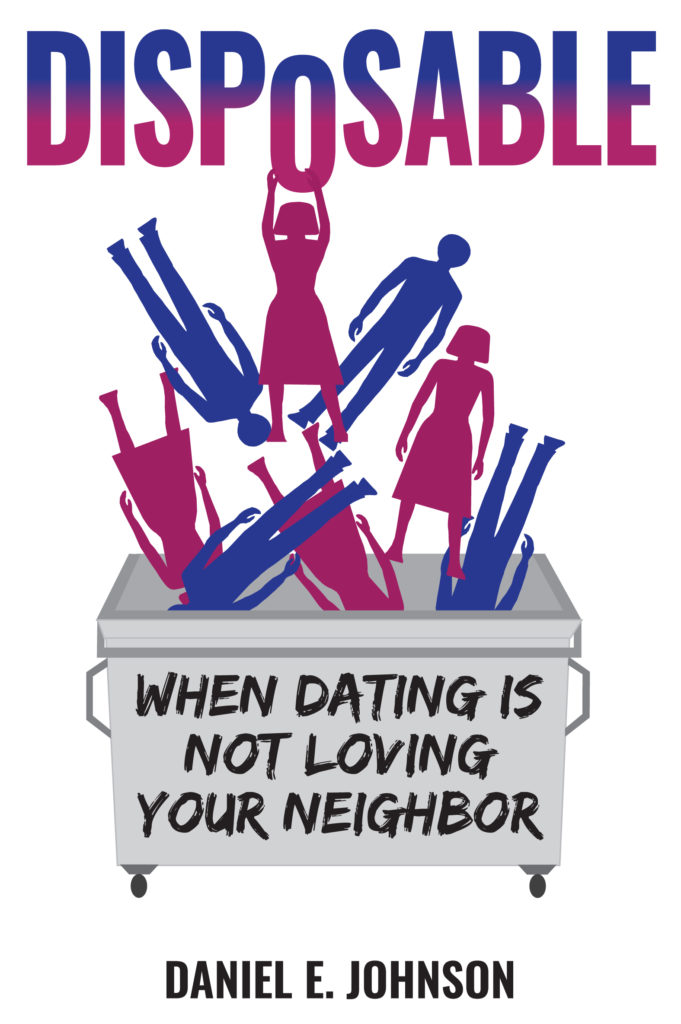
Image by Gerd Altmann from Pixabay
How can we prepare ourselves—and help prepare those we know, including our children—to deal with the dominant dating culture? Clearly the commandments to love God and our neighbor should guide the way we live. But how does loving our neighbor work out in practice? Certainly we should make friendship the basis of our relationships—including romantic ones—and learn to put the interests of others ahead of our own.
The New Testament actually describes believers in Christ as “brother and sister” and “family” (Matthew 12:50, Galatians 6:10). We should desire, therefore, church communities in which brother-sister friendships are commonplace, rather than the exception. To the extent that such communities are loving and encouraging ones, people will feel less compelled to find love and acceptance in the dating world, as if that were the only possibility. Also, a group setting more naturally facilitates getting to know others in a way that is less threatening and less pressure-filled than one-on-one activity.
Moreover, the Church continues to have a crucial role to play in encouraging people to make responsible choices and to accept love, not selfishness, as the better thing to embrace. The Church does this when it preaches the Gospel of God’s love towards mankind, makes known the Great Commandments to love God and our neighbor, and acts as a community of loving individuals. In doing these things, the Church draws a critical contrast between unconditional love and selfishness masquerading as love.
The parents of underage children have a unique role to play. Parents—even if they themselves have failed in various ways earlier in life—should not compound that failure by neglecting to teach their children. In particular, they should teach their children what they know of God and of right and wrong. They should put their children first, before their own desire for personal success, by taking an active interest in their children’s lives and how their children spend their time. Parents should teach their children the importance of being responsible, especially the importance of delayed gratification, which is so important to many areas of life, including education, career, finances, love, and romance. Husbands and wives should stay married, thereby helping to break the cycle of divorce, and otherwise set the best example they can for their children.
The dominant culture is challenged whenever an individual—regardless of his or her marital status—does the right thing. At that point everyone watching is encouraged to also make right choices. We challenge the culture whenever we say no to selfishness and embrace Christian love and virtue.








